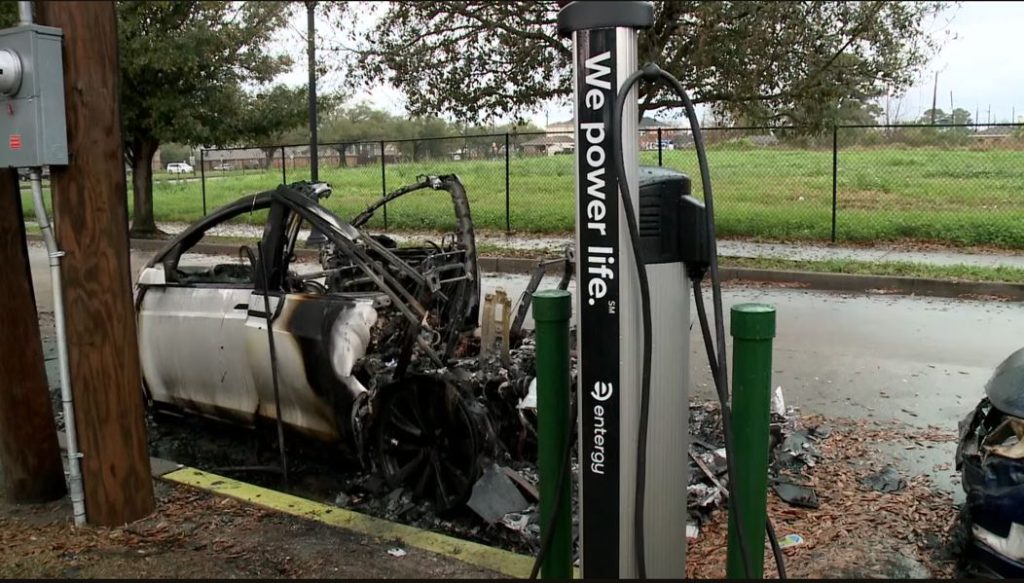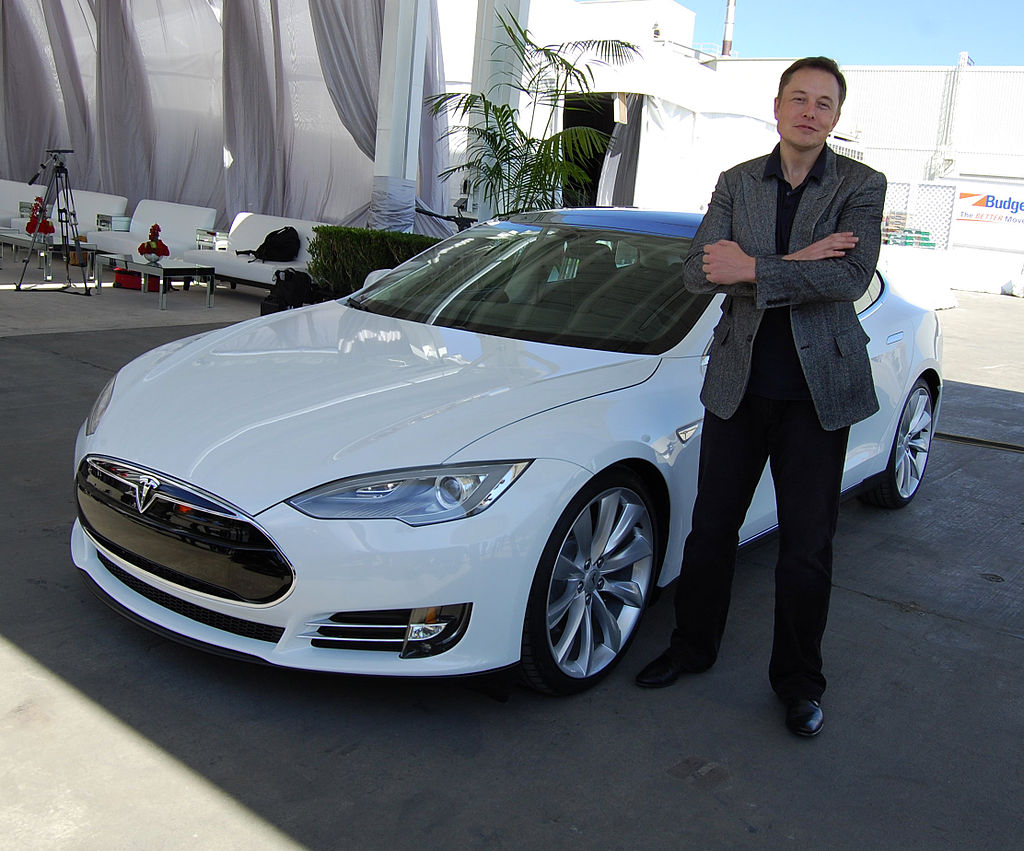Electric vehicles (EVs) have often been hailed as the solution to environmental concerns surrounding transportation. However, a closer examination reveals several compelling reasons why they should be banned altogether.

Firstly, despite claims of being eco-friendly, the production of EV batteries involves extensive mining for rare earth metals, leading to environmental degradation and human rights abuses in mining regions.

The disposal of these batteries and other electronic components of these vehicles poses a significant challenge, as they contain toxic chemicals harmful to the environment.

Additionally, the reliance of EV charging on electricity generated from fossil fuels exacerbates energy consumption and strains already overburdened energy grids. This strain, coupled with the need for substantial investment in charging infrastructure, leads to urban congestion and potential blackouts, impacting both individuals and businesses alike.

The limited range of EVs compared to traditional vehicles renders them impractical for long-distance travel and rural areas, where charging stations are sparse. Despite promises of long-term savings, the high initial purchase price of EVs remains a significant barrier for many consumers, perpetuating socio-economic disparities in transportation options.

The transition to electric vehicles threatens jobs in the automotive industry, potentially leading to widespread unemployment and economic instability in affected regions.

Safety concerns regarding battery fires and explosions further underscore the risks associated with EVs.

The production of EVs also places immense strain on resources, including metals like lithium and cobalt, leading to resource depletion and geopolitical conflicts over access to raw materials. Additionally, the expansion of mining activities for EV batteries threatens fragile ecosystems and biodiversity hotspots, further exacerbating environmental concerns.

The inadequate recycling infrastructure for EV batteries results in significant electronic waste and environmental pollution. While electric vehicles offer a potential solution to reducing greenhouse gas emissions, their widespread adoption presents numerous challenges and drawbacks.

From environmental degradation to economic impacts and safety risks, the case for banning EVs warrants serious consideration. As we strive for a more sustainable future, it is essential to address these issues comprehensively and explore alternative transportation solutions that minimize harm to both the planet and its inhabitants.





